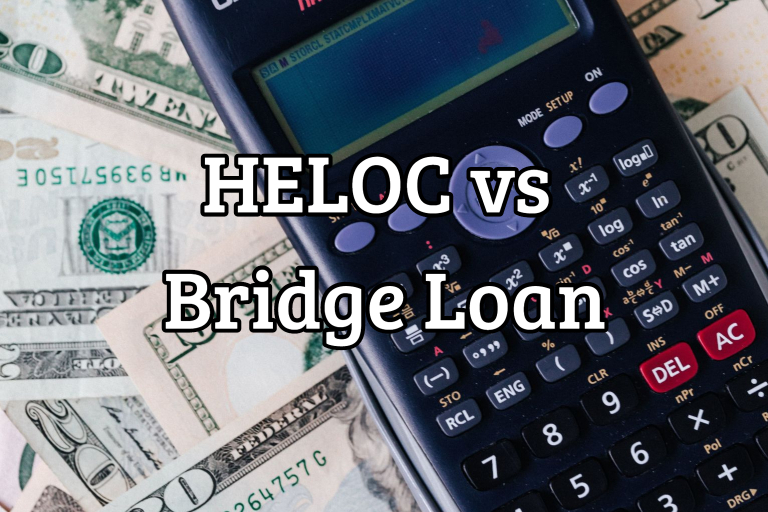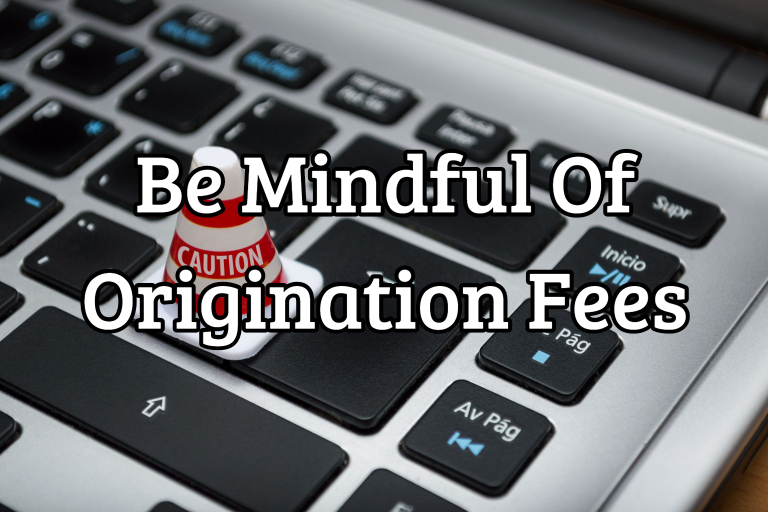HELOC or Bridge Loan?

Many homeowners are not clear about the important differences of whether to seek a HELOC or bridge loan. There are advantages to both. However, there are different conditions which determine the most appropriate one, generally based upon the circumstances.
A HELOC stands for Home Equity Line of Credit. Simply put, this is using some to most of the current value of your home as collateral. Since this is a line of credit, a homeowner is not required to borrow until or unless needed. There is no minimum amount requirement, while the maximum would be the total approved. This is available at a lower interest rate than credit cards and many other types of loans.
Another advantage of a HELOC is that it is continuously available. There is no need to reapply or worry about a change in credit score any time funds are needed. Suppose $10,000 is currently owed and the homeowner suddenly needs another $5,000. The homeowner simply takes out the additional $5,000 and adjusts the payback accordingly.
However, there are specific payback terms when borrowing through a HELOC. Failure to comply could have the same impact as failing to keep the mortgage current. The bank (or lender) would have the right to foreclose upon the property. An added consequence would be harming the homeowner’s credit rating.
Therefore, if adding to a HELOC, the homeowner should be aware of the immediate impact upon the minimum monthly payment.
What To Know Before You List
When is the difference between a HELOC and a bridge loan most significant? It is when the homeowner wishes to sell and then purchase another home. In some cases, an owner may or may not list the property if showing an outstanding HELOC balance. Some banks may accept payment of the balance of the HELOC at the time of closing. Some do not. It is of the utmost importance to determine this prior to listing your home.
It is when seeking to sell a home and purchase another that a bridge loan comes into play. Unlike a HELOC, which could be available for years, a bridge loan is a short term loan for down payment assistance. The amount could be up to 80% of the combined value of the “current” home and home you are seeking.

Watch Out For Origination Fees
One of the biggest challenges with a bridge loan is the fees, especially if the borrower’s credit rating is low. Some lenders charge an origination fee of up to 3% of the loan value. For a $200,000 home, that would be a $6,000 fee in addition to interest, even for a short term.
Clearly, lenders have different policies when it comes to bridge loans. Whether the “new” house is located within the same state or geographic region could make a difference. It is also possible that the relationship between the borrower and the lender could play a role in approval.
Generally, a bridge loan is intended to cover the down payment on the “new” home. It is important to consider origination fees and other costs specific to the purchase, if needed.
Consequently, needing $20,000 for a down payment could require a loan of at least $26,000 due to origination fees. Since we cannot provide financial or legal advice, it is important to know your options before signing a purchase agreement.
There are several advantages of obtaining a bridge loan, which does require approval.
- Can be borrowed against equity in the “old” home
- Monthly payments not required until after “old” home is sold
- One-time short term – no recurring charges or commitments
Applying your situation to all of your options remains the best way to determine choosing a HELOC or bridge loan.
How Staten Island All Cash Can Help
If you are looking to sell your house and move into a new one, there are some alternative options.
You can contact us, and our team at Staten Island All Cash Home Buyers will quickly give you a no strings attached cash offer for your home.
If you do decide to sell your home to us, we will let you continue living there until you complete your transition into a new home. You will have cash in hand, but you will not be kicked out of your home until you are ready to move.

